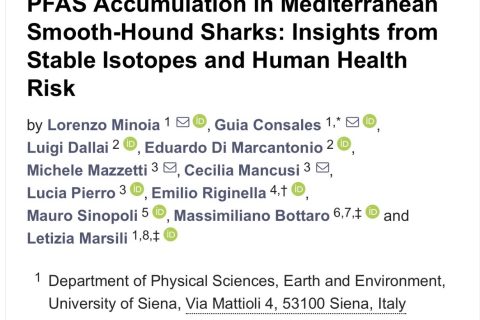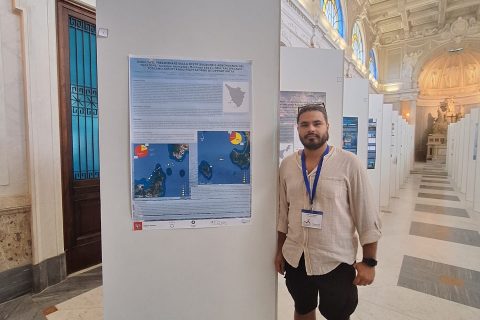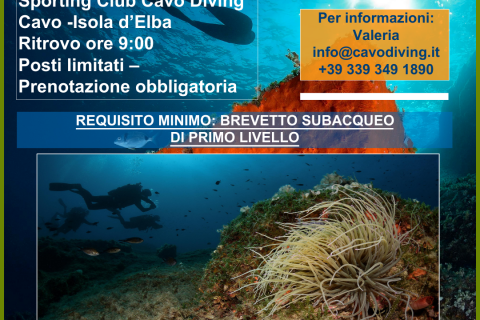Bioaccumulation of organochlorine compounds in large, threatened elasmobranchs off northern New South Wales, Australia
ABSTRACT
Persistent organic pollutants (POPs) include polychlorinated biphenyls (PCBs) dichlorodiphenyltrichloroethane (DDT) and hexachlorobenzene (HCB), which are resistant to biodegradation and therefore accumulate in the marine environment. In Australia, POPs occur in high concentrations primarily in costal water near farming regions and urban centres. From contaminated sediments and biota, POPs are transferred and biomagnified in larger marine organisms. We quantified POPs concentrations in 57 individuals from ten species of sharks and rays caught in bather-protection gillnets deployed off northern New South Wales, Australia. Polychlorinated biphenyls, DDTs and HCB were detected in all species. For some individuals, concentrations were at levels known to have deleterious sub-lethal effects. Overall, the POP concentrations analysed in this study were comparable to those in similar species from more polluted regions, and may have negative impacts on longer-term health. Future research is warranted to investigate spatio-temporal patterns of species-specific contaminant loads and their implications.
Autori:
D. Cagnazzi, G. Consales, M. K. Broadhurst e L. Marsili

Link all’articolo
https://www.sciencedirect.com/science/article/pii/S0025326X18308944








